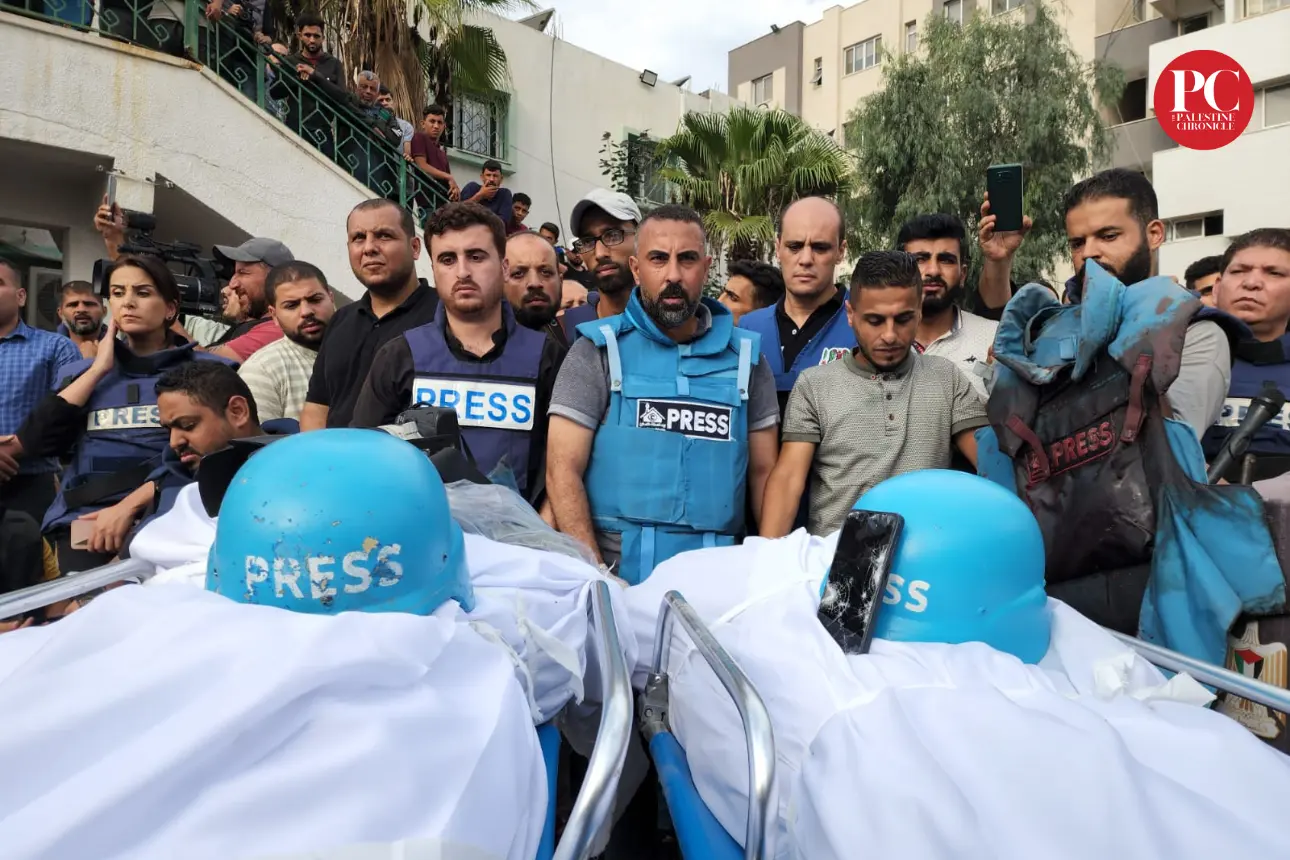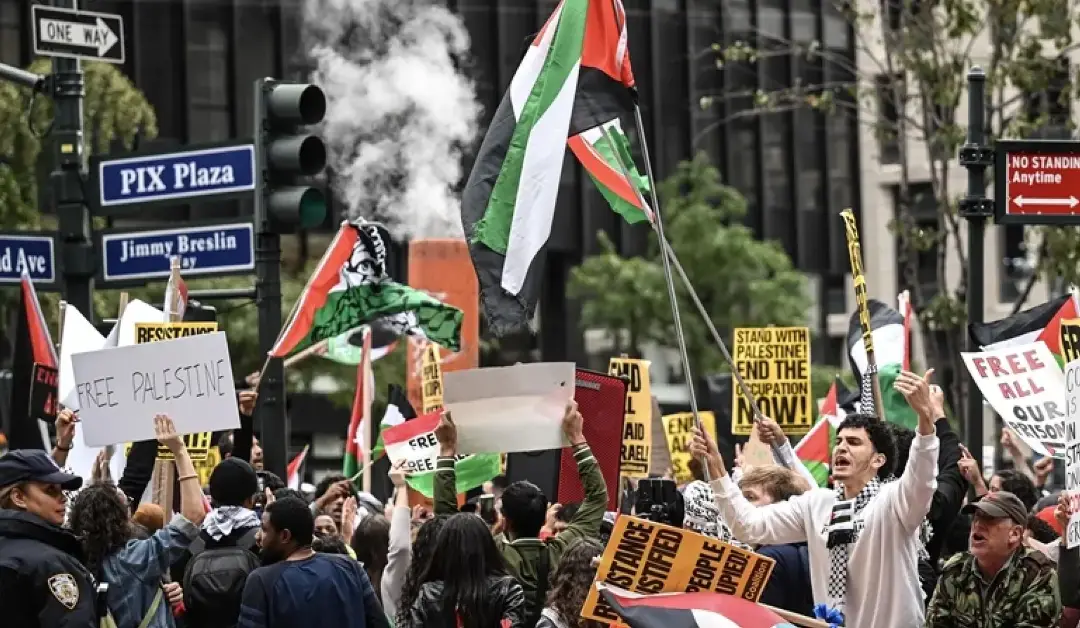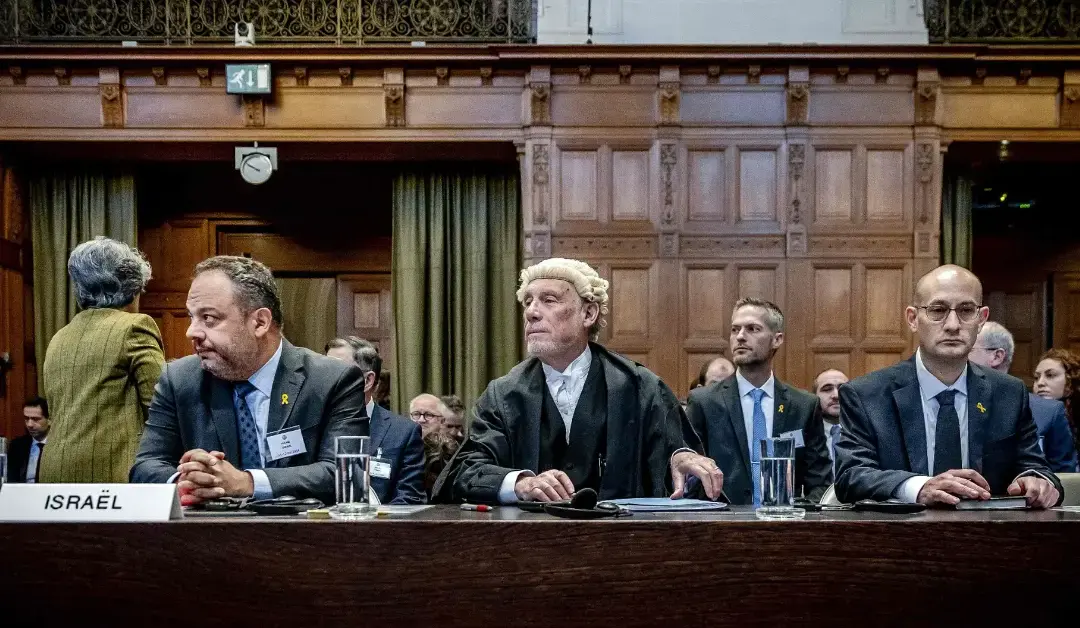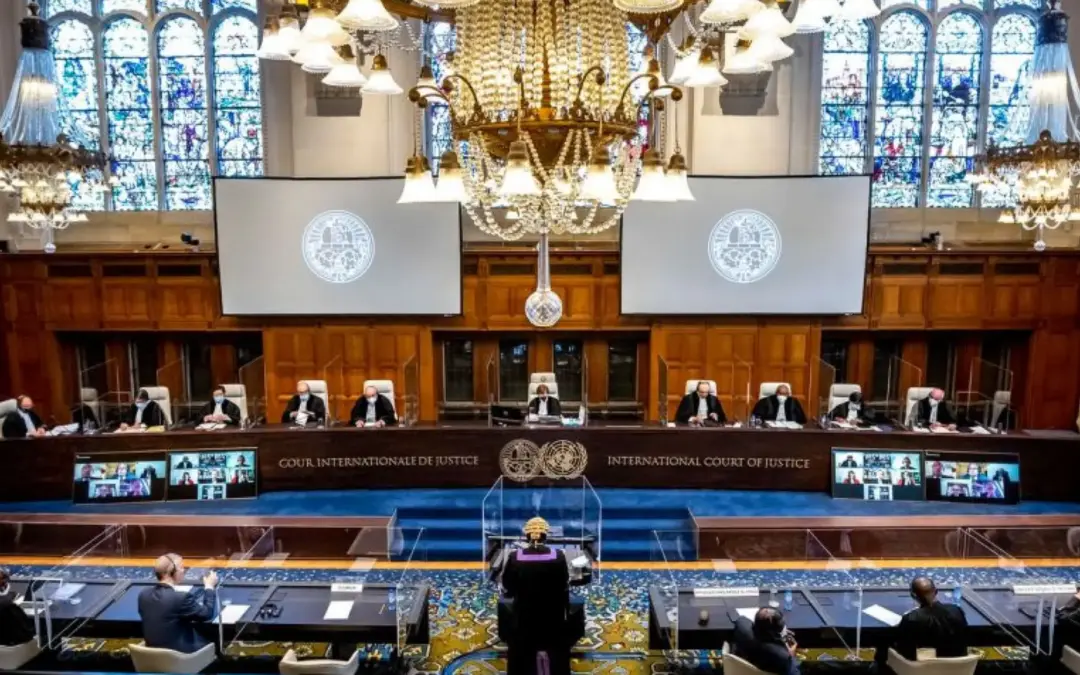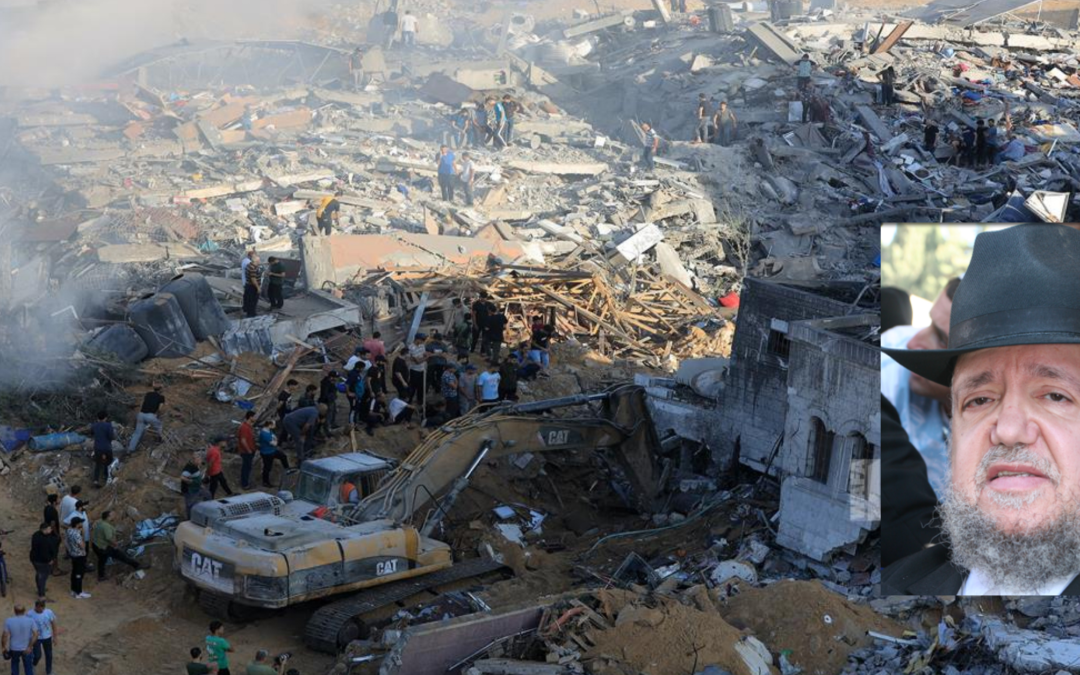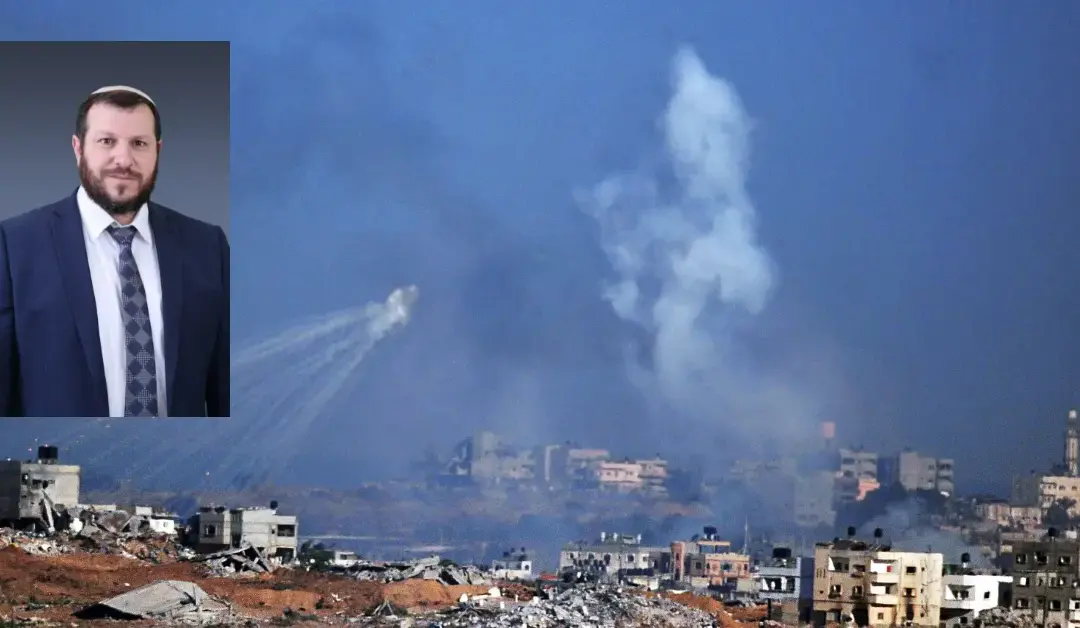In the first month of the Israel-Hamas conflict, the toll on journalists has reached unprecedented levels, marking a grim milestone in the history of conflict journalism. According to the Committee to Protect Journalists (CPJ), the number of journalists killed has surpassed any other conflict since the organization began tracking such statistics in 1992.
Comparing these statistics to other historical conflicts is equally chilling. In the ongoing war between Russia and Ukraine, 17 journalists have lost their lives since 2022. The Vietnam War, spanning two decades, claimed the lives of 63 journalists, and World War II, the bloodiest conflict of the modern era, saw a total of 69 journalist fatalities.
Intentionally targeting journalists is deemed a war crime under international humanitarian law, a principle crucial for the protection of journalists and civilians. However, during the initial weeks of the Israel-Hamas conflict, the Israeli army issued a concerning statement to international news agencies, expressing its inability to guarantee the safety of journalists operating in the Gaza Strip.
The situation has raised alarm bells globally. Reporters Without Borders (RSF) condemned the Israeli armed forces, accusing them of eliminating journalists through arbitrary airstrikes while showing contempt for international humanitarian law. On October 31, RSF submitted a complaint to the International Criminal Court (ICC), alleging that Israel had committed war crimes against journalists in Gaza.
The International Federation of Journalists (IFJ) Secretary-General, Anthony Bellanger, expressed deep shock at the alarming rate of journalist casualties, stating that the growing tally of fallen colleagues is a source of mounting horror for journalists worldwide.
This is not the first time Israel has faced accusations of suppressing journalism. In 2021, it was accused of “silencing” journalists when it bombed a building housing Al Jazeera and Associated Press offices. Communication blackouts have further hindered journalists’ ability to document and report on the situation in Gaza.
RSF has called for foreign journalists to be granted access to the territory to work freely. Meanwhile, Israel’s actions, including threats against journalists and accusations against local journalists, have raised serious concerns about press freedom and the protection of those reporting on the conflict.
As the Israel-Hamas conflict continues to unfold, the international community faces the urgent task of addressing the safety and protection of journalists, upholding the principles of international humanitarian law, and ensuring that press freedom remains an inviolable cornerstone even in times of conflict.

